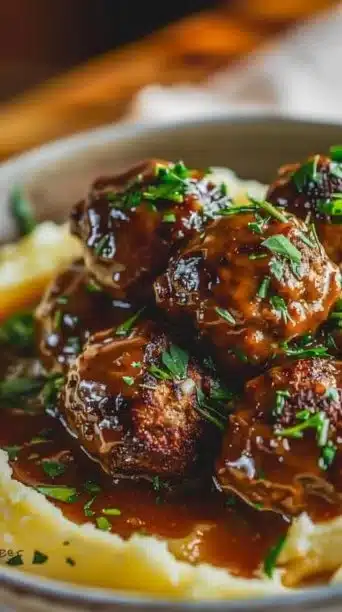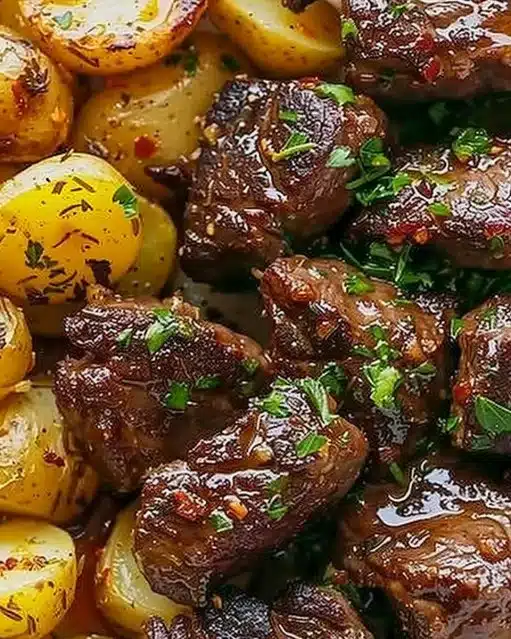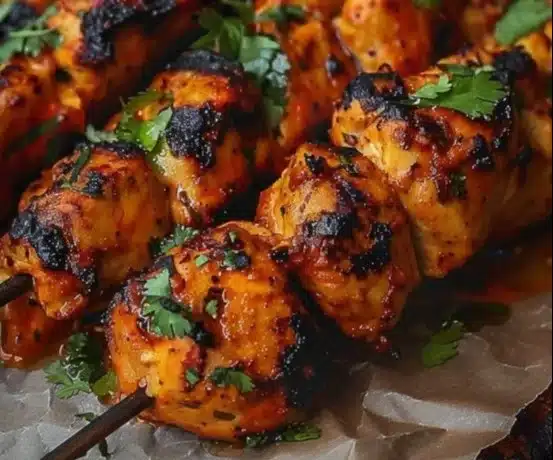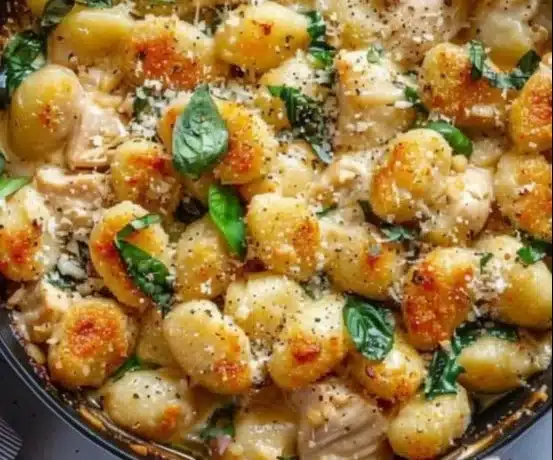The Ultimate Guide to Home Cooking
Home cooking is more than just preparing meals — it’s a lifestyle, a form of creativity, and for many, a therapeutic experience. As more people turn toward healthier and budget-conscious living, cooking at home has seen a significant resurgence. This revival gained momentum during the pandemic and continues to thrive as individuals realize the emotional, physical, and financial benefits of preparing food in their own kitchens.
Table of Contents
Why Home Cooking Matters Today
There are countless reasons why people are reconnecting with their kitchens:
- Cost-effectiveness: Cooking at home is typically much cheaper than dining out.
- Health advantages: You have complete control over ingredients, reducing sugar, fat, and sodium intake.
- Emotional rewards: Cooking can be a mindful activity that fosters creativity and family connection.
According to Harvard Health, home-cooked meals are linked to better physical health and lower rates of obesity. Plus, when you cook at home, you’re not just feeding your body — you’re nurturing your mental well-being too.
For those looking to prepare meals without breaking the bank, ChooseMyPlate.gov offers practical advice on healthy home cooking on a budget, highlighting how simple pantry planning can save time and money.
Home Cooking vs. Eating Out
Why choose home cooking over takeout?
- Cost: A single restaurant meal can equal the cost of several home-cooked portions.
- Nutrition: Restaurants often use excess salt, sugar, and unhealthy fats.
- Customization: At home, you can tailor recipes to your taste and dietary needs.
Essential Kitchen Tools for Home Cooks
Starting with the right tools can make cooking enjoyable and efficient. Basic must-haves include:
- A quality chef’s knife
- Cutting board
- Non-stick skillet
- Saucepan
- Measuring cups and spoons
- Wooden spoon
- Mixing bowls
These items don’t need to be expensive — many beginner kits offer good quality for a modest budget.
Pantry Staples Every Home Cook Should Have
A well-stocked pantry simplifies meal prep. Consider keeping these on hand:
- Rice, pasta, and lentils
- Canned beans and tomatoes
- Olive oil and vegetable oil
- Salt, pepper, and common spices (e.g., garlic powder, paprika, cumin)
- Flour, baking powder, and sugar
These staples form the foundation for dozens of meals.
Basic Cooking Skills Everyone Should Learn
Mastering a few key skills can elevate your cooking game:
- Knife handling: Learn how to chop, dice, and mince safely.
- Cooking techniques: Understand the difference between sautéing, roasting, and boiling.
- Food safety: Know how to store, defrost, and cook food to safe temperatures.
These basics ensure both quality and safety in your meals.
Common Home Cooking Mistakes and How to Avoid Them
Even seasoned cooks stumble. Avoid these pitfalls:
- Not prepping ingredients in advance
- Overcrowding the pan (leads to uneven cooking)
- Ignoring recipe instructions
- Over-seasoning or under-seasoning
- Cooking at incorrect temperatures
Reading a recipe thoroughly and practicing mise en place (preparing all ingredients before starting) can prevent most mistakes.
Easy Home-Cooked Meals for Beginners
Starting simple builds confidence. Try these:
- Stir-fry with your choice of vegetables and protein
- Pasta primavera using seasonal vegetables
- One-pot chili with beans, tomatoes, and spices
- Sheet pan chicken and veggies
- Scrambled eggs with toast and avocado
These meals are quick, nutritious, and hard to mess up.
Meal Planning and Batch Cooking Tips
Want to save time during the week? Here’s how:
- Plan meals every Sunday
- Use overlapping ingredients to reduce waste
- Batch cook proteins or grains for multiple dishes
- Freeze leftovers in labeled containers
- Invest in stackable storage
Meal planning makes home cooking more efficient and less stressful.
Cooking for Special Diets at Home
Whether you’re gluten-free, vegan, or keto, home cooking gives you full control:
- Use zucchini noodles or cauliflower rice for low-carb options
- Substitute flax eggs or aquafaba for vegan baking
- Choose gluten-free flours like almond or oat
Research and experimentation make adapting any recipe possible.
Global Flavors in Home Cooking
Bring the world to your kitchen with international cuisine:
- Mexican: Tacos with fresh salsa and beans
- Thai: Coconut curry with vegetables
- Italian: Homemade pasta with tomato basil sauce
- Indian: Lentil dal and basmati rice
Add spices like turmeric, cumin, and chili powder to create authentic flavors and expand your culinary horizons.
Budget-Friendly Home Cooking Tips
Cooking on a budget? Here’s how to cut costs:
- Buy produce in season
- Shop in bulk for grains and legumes
- Use less expensive protein sources like beans or eggs
- Repurpose leftovers creatively
Cooking at home doesn’t have to be expensive to be delicious and healthy.

The Role of Home Cooking in Mental Health and Family Bonding
Studies show that preparing meals can be therapeutic:
- Encourages mindfulness and reduces stress
- Offers a sense of accomplishment
- Enhances family bonds during shared mealtimes
Children involved in cooking are also more likely to eat vegetables and try new foods, creating lifelong healthy habits.
Trending Home Cooking Movements
Modern home chefs are exploring new culinary trends:
- Zero-waste cooking: Using all parts of food
- Sourdough baking: Homemade bread from natural starters
- Farm-to-table: Cooking with fresh, local ingredients
- Meal kit customization: Using subscription boxes but adding your flair
These movements promote sustainability, creativity, and deeper appreciation for food.
FAQs About Home Cooking
What are the benefits of home cooking?
Home cooking improves health, saves money, and fosters emotional well-being.
Is home cooking cheaper than eating out?
Yes, significantly. With planning, you can stretch your food budget further.
How can I get better at cooking at home?
Practice often, start with simple recipes, and gradually experiment with new techniques.
What are the easiest meals to cook at home?
One-pot dishes, pasta, stir-fries, and scrambled eggs are ideal for beginners.
What are the health benefits of cooking at home?
Home-cooked meals usually contain less sugar, salt, and fat. They also allow for customized nutrition and portion control.






